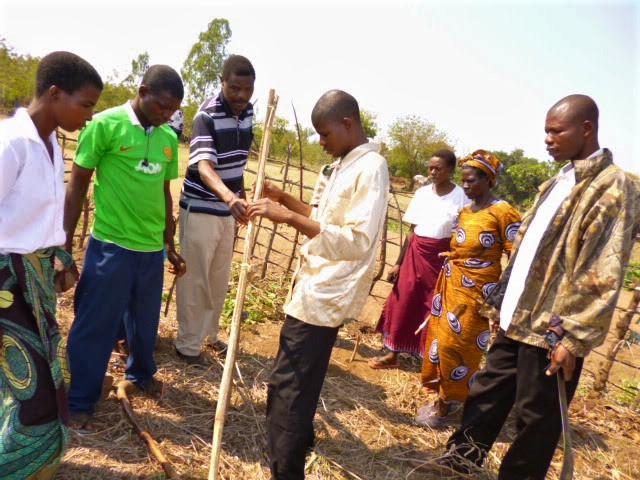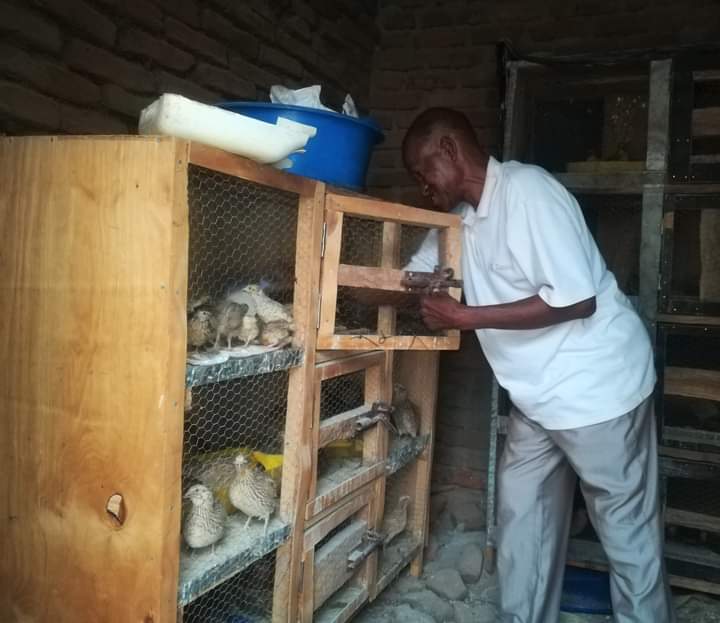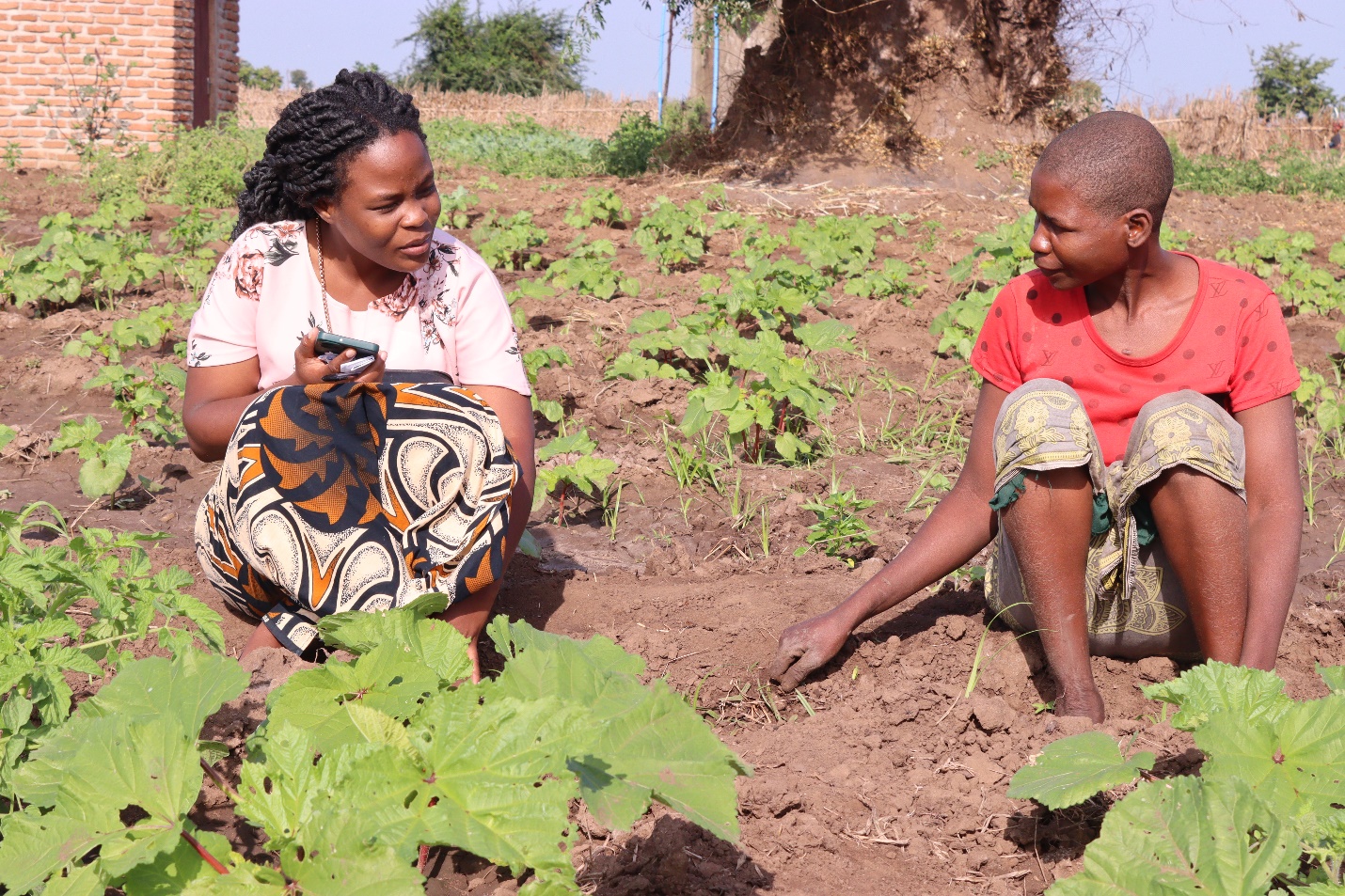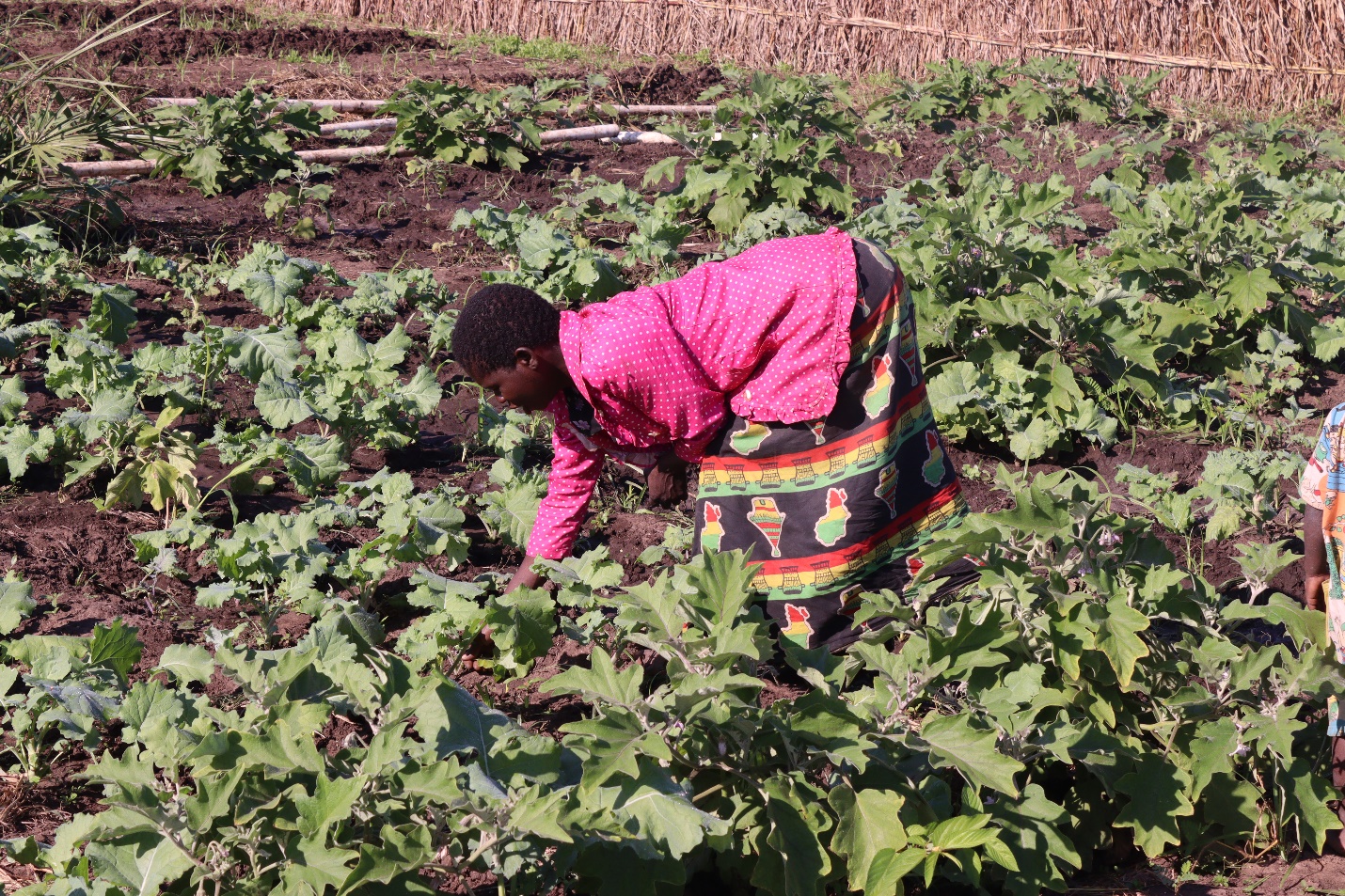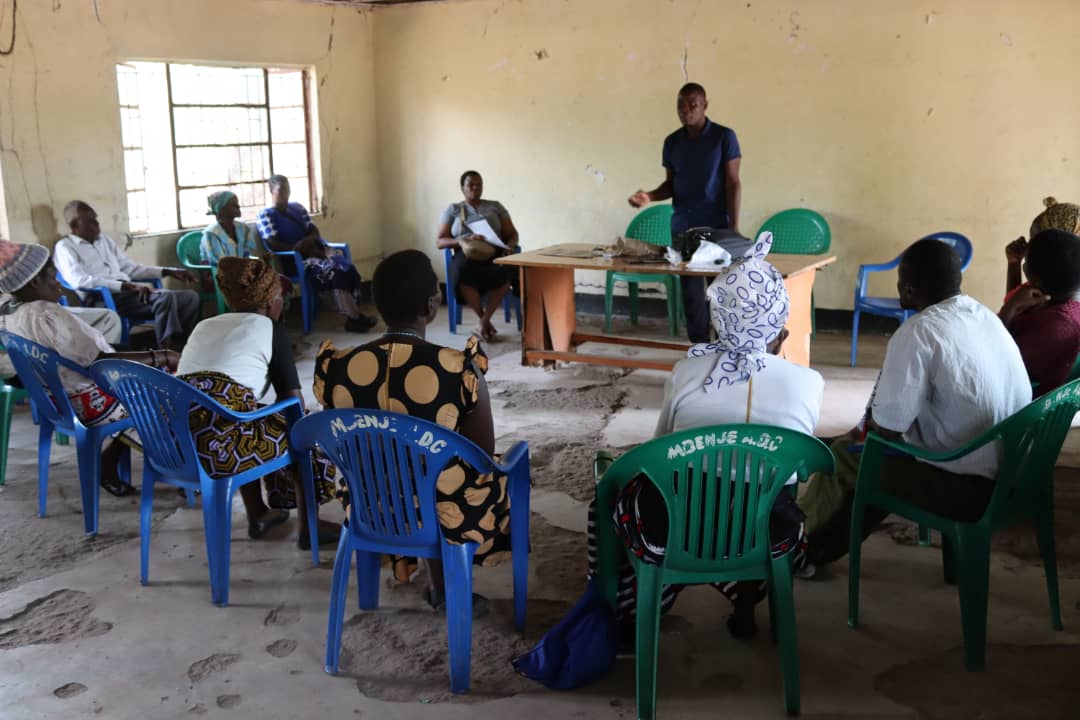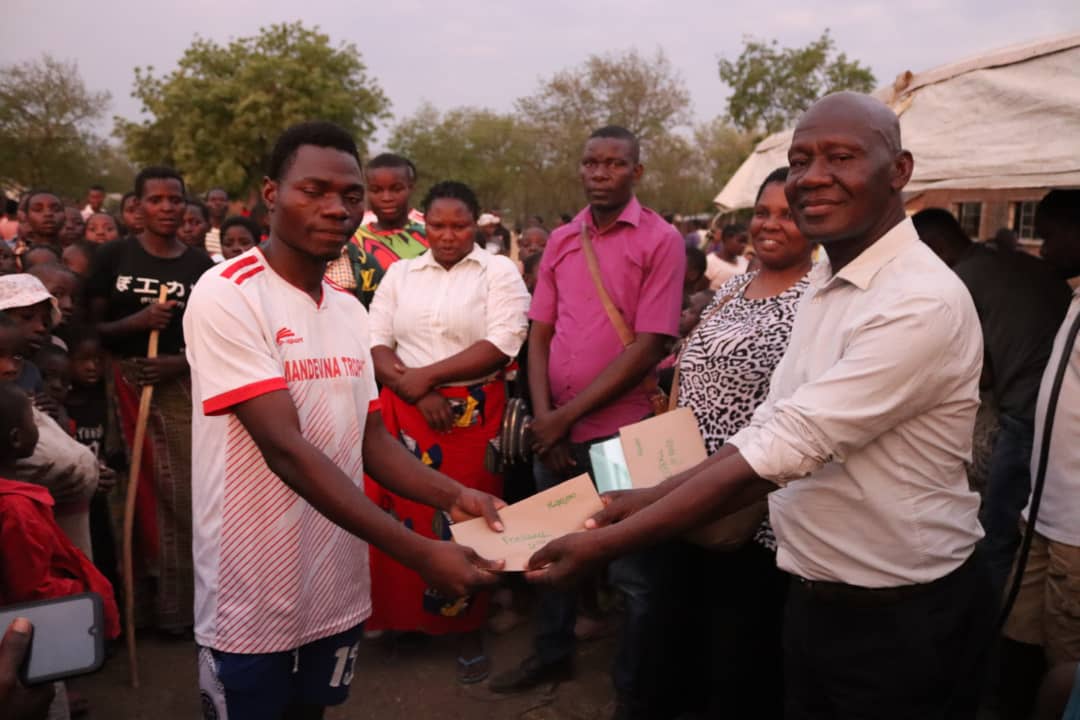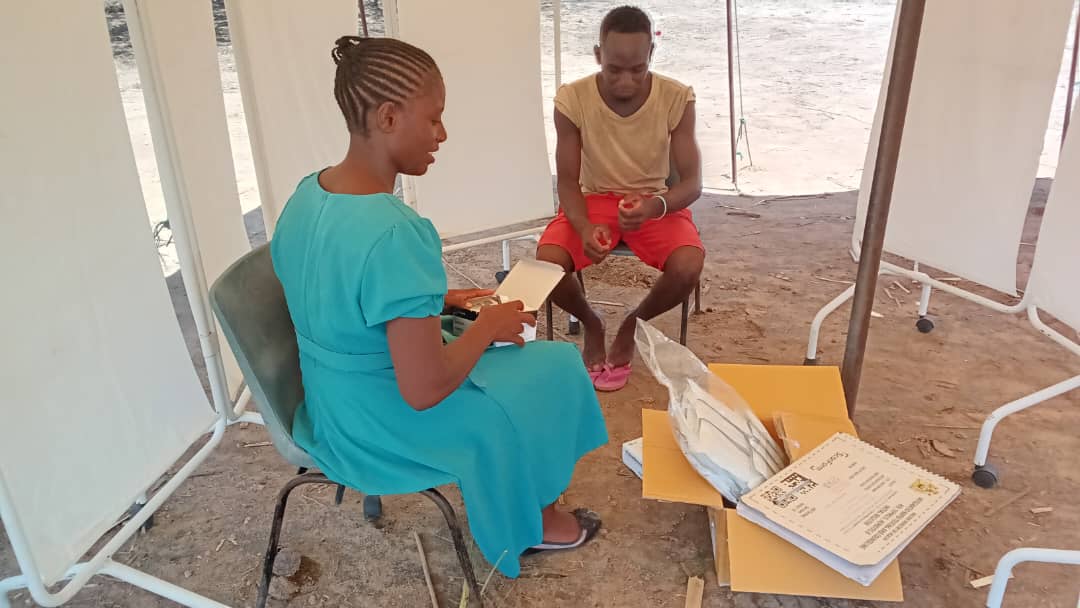PROJECTS HIGHLIGHTS
by: Chikumbutso Gasper Willard - 20|08|2024
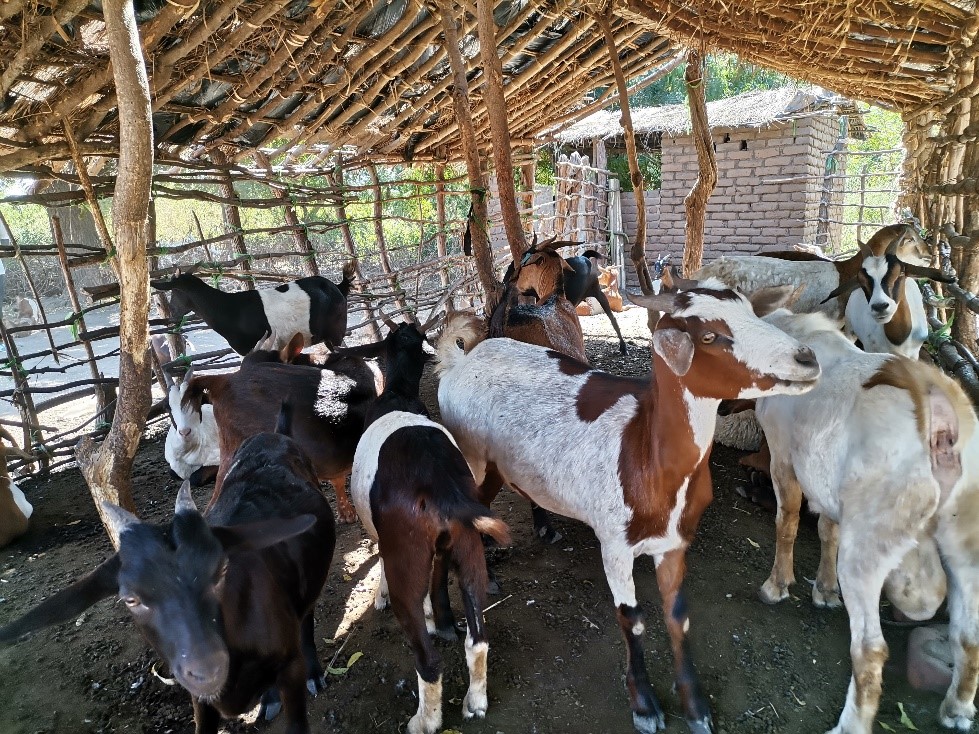
Livestock project
The Foundation for Active Civic Education (FACE) has been actively working on various initiatives in Nsanje District, particularly within T/A Mbenje, from January 1st to February 28th, 2024.
SOLAR IRRIGATION TECHNOLOGY
The introduction of solar irrigation technology marks a pivotal step toward enhancing agricultural productivity. FACE, in collaboration with contractors, procured essential accessories, and allocated 4.2 hectares of land at Sikedi for the initiative. The phased development plan is commendable, with the first phase already accommodating 20 farmers.
Seed Multiplication and Agricultural Practices
The distribution of 110 kg of CG13 groundnut seeds to 11 farmers, resulting in the planting of 3 hectares, is a significant achievement. The crop is progressing well, with 2.8 hectares already banked. The emphasis on seed multiplication for crops like sorghum, millet, Irish potatoes, and groundnuts is crucial for food security, especially in light of the recent dry spell. However, farmers are encouraged to adopt better field management practices, such as hand weeding and moisture conservation through the construction of box ridges.
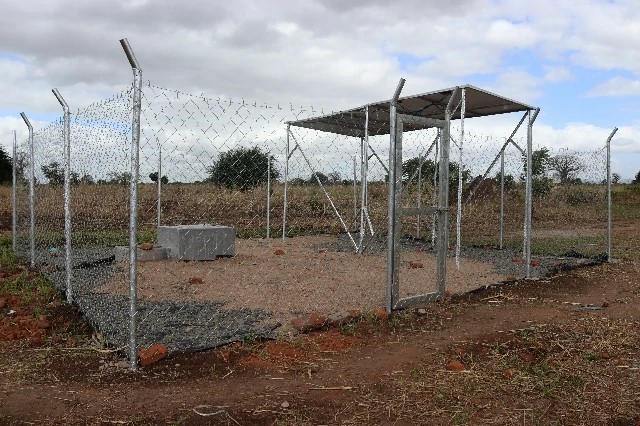
Solar irrigation scheme
LIVESTOCK PRODUCTION AND QUILL MANAGEMENT
The livestock production component has seen mixed results. The hatching of 120 pullets from an incubator and the survival of 220 old quills are positive outcomes. However, the mortality rate during the hot dry spell, which resulted in 87 deaths, raises concerns about the need for improved management practices and disaster preparedness. The incubator’s underutilization and the challenges faced by newly formed quill groups highlight the need for better training and resource allocation.
*Village Savings and Loan (VSL) Groups*
FACE’s efforts to empower 13 VSL groups comprising 156 members through training in business management and entrepreneurship are commendable. The success of these groups, engaging in various income-generating activities, demonstrates the potential for economic empowerment in the community. However, expanding the formation of VSL groups and promoting value addition through cooking demonstrations is essential to enhance the nutritional status of the community.
**Disaster Risk Reduction (DRR) and Environmental Management**
The six-week dry spell has had devastating effects on the community, particularly in areas like Nyanjidu, Butawo, and Makonya. The reduction in crop yields and the anticipated food shortages underscore the urgency of enhancing disaster preparedness and promoting environmental management practices. The distribution of bamboo, tree seedlings, and vertiver grass is a positive step, but more needs to be done to protect riverbanks and prevent soil erosion.
